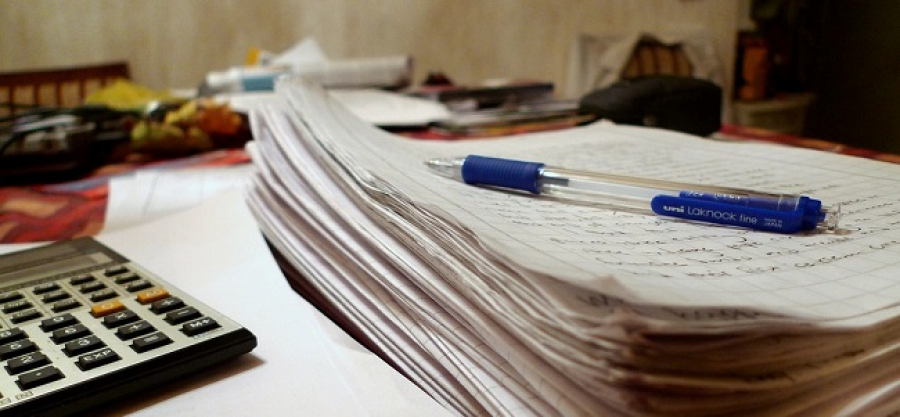At senior leadership level this is a double challenge. In addition to trying to get a workable balance yourself, you also need to be aware of how the staff in your school (teaching and support staff) are coping with their own workload. You need to consider whether initiatives you may be introducing, or systems you’re changing, are increasing staff workload in a disproportionate and unreasonable way. Helping others to balance their time and prioritise their work is arguably even more demanding than trying to achieve that yourself.
While accepting that this is a complex, sensitive and potentially controversial issue, I offer here five tips for senior leaders, including heads, who are trying to address the issue of their own workload management, and hope this is to some degree useful.
Try not to be too hard on yourself about not getting the balance right
Managing your workload in a demanding job like teaching/school leadership is difficult. The real no-win scenario is where you feel constantly guilty about working so hard you’re neglecting your family, your friends and your health, while you still feel you’re not working hard enough to cope with the multifarious demands of your job. Try not to be overly self-critical. Accept that if you are aware of the issue and doing something to address it, that’s a good beginning. Give yourself credit for not giving up on the challenge!
Accept that you are in control
This is potentially controversial and will, I’m sure, make some readers cross, but I really do believe that most of us work as hard as we demand of ourselves. We do have choices, and decisions, and we can do things differently. We may feel that governors, parents, other staff, even the students are exerting pressure on us, but often the greatest pressure is self-generated. We need to be mindful of when our own expectations of ourselves are becoming unreasonable.
Be clear about priorities
It is all about priorities. When you catch yourself saying “I didn’t do that because I didn’t have time”, think about what it means. The time was there, but if you didn’t do x it was because you spent that time on y. Time is finite, and you have to make decisions about what you should spend it on. What will give you the best return for the investment of your time? What matters most?
Know yourself
Easier said than done, but being self-aware is critical here. Know, for example, when you’re really too tired to do a job well, and reschedule so that you can tackle it when you’re fresher. Know when you are starting to jeopardise your health and well-being, and take action/seek help. And watch that perfectionist streak, if you have one. It doesn’t necessarily lead to the most productive outcome, and you can risk your health and happiness unless you manage to get a grip on it.
Make the most of holidays
You will work hard in term time, and in holidays, too; there will be catching up and preparation to do. But ensure you carve out some time in holidays when you can switch off and properly rest and refresh. You should go back to school after a holiday feeling re-energised, rather than already drained and weary. I’d advise against having constant contact with school. You need to have time when you try not even to think about work, when you don’t respond to emails and check educational Twitter. You need to take a break – and you deserve it. It will make you more productive in the long run, and should certainly help you to feel more positive.
Good luck!
This article is based on the 3 minute presentation recorded for #SLTeachMeet Cambridge, March 2014:
YouTube link
Are you a head teacher? Share your thoughts below.


















